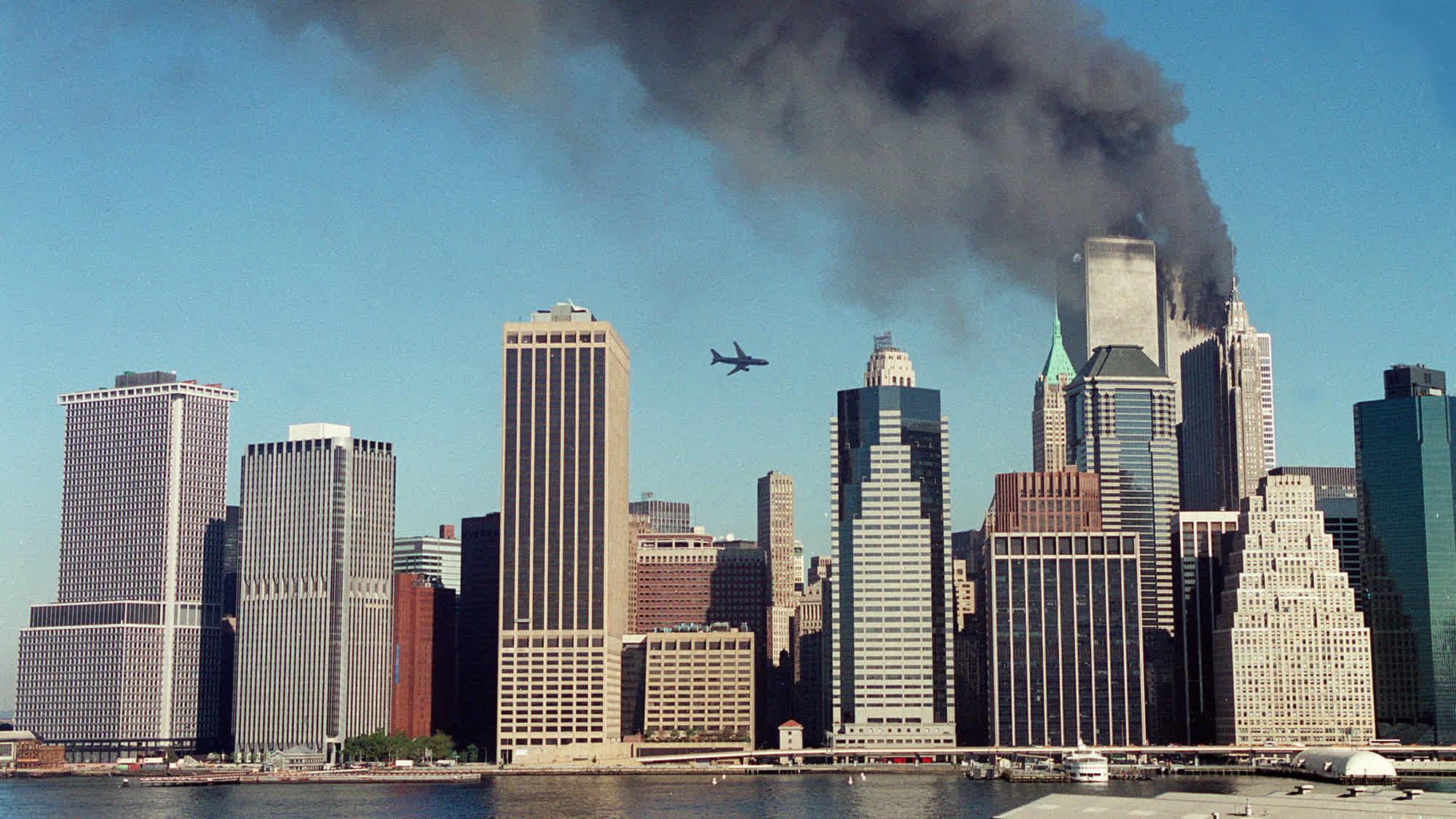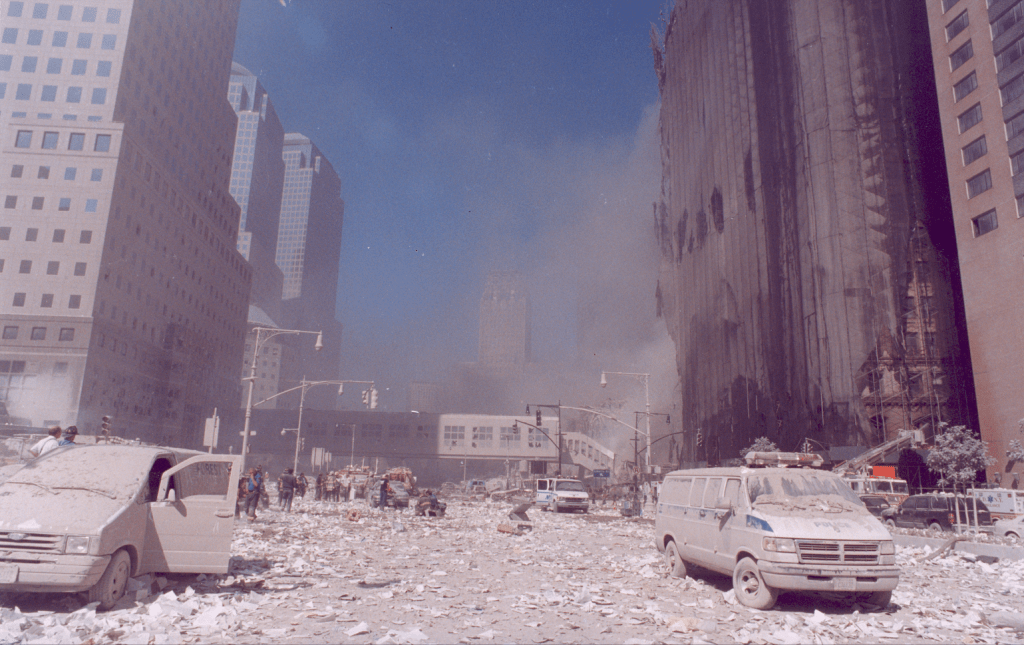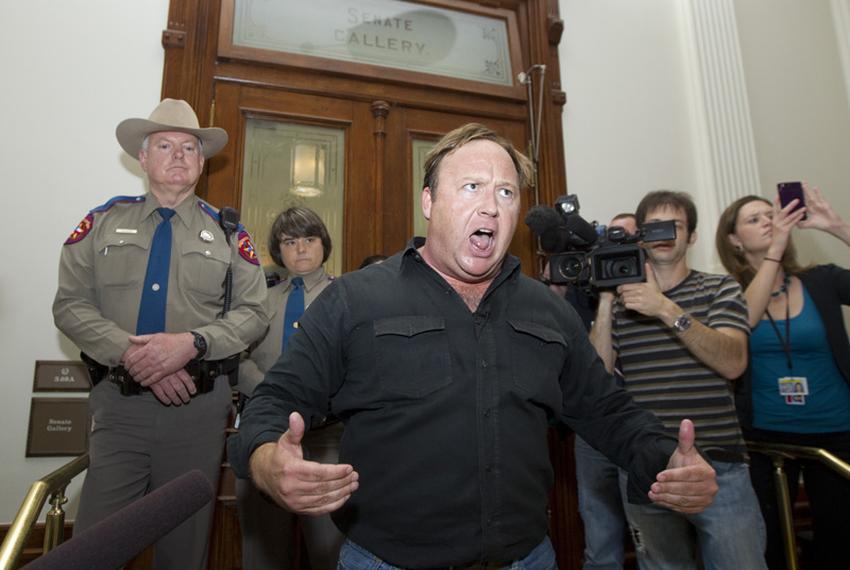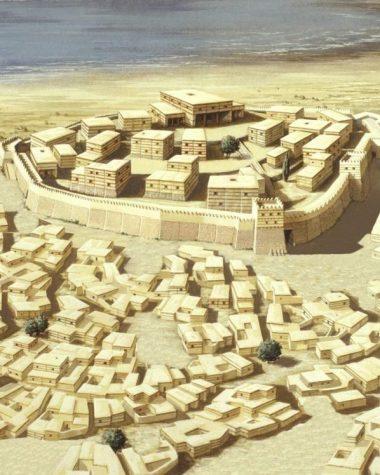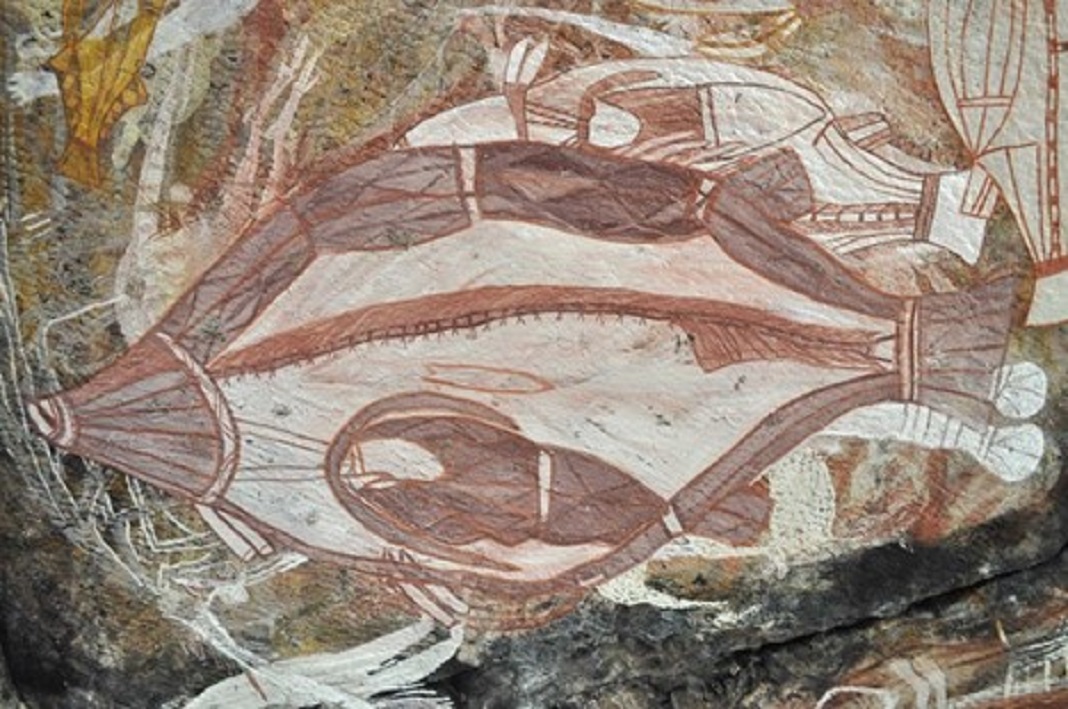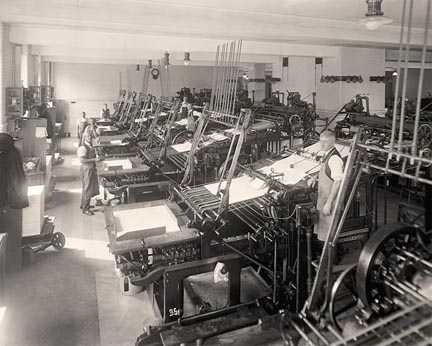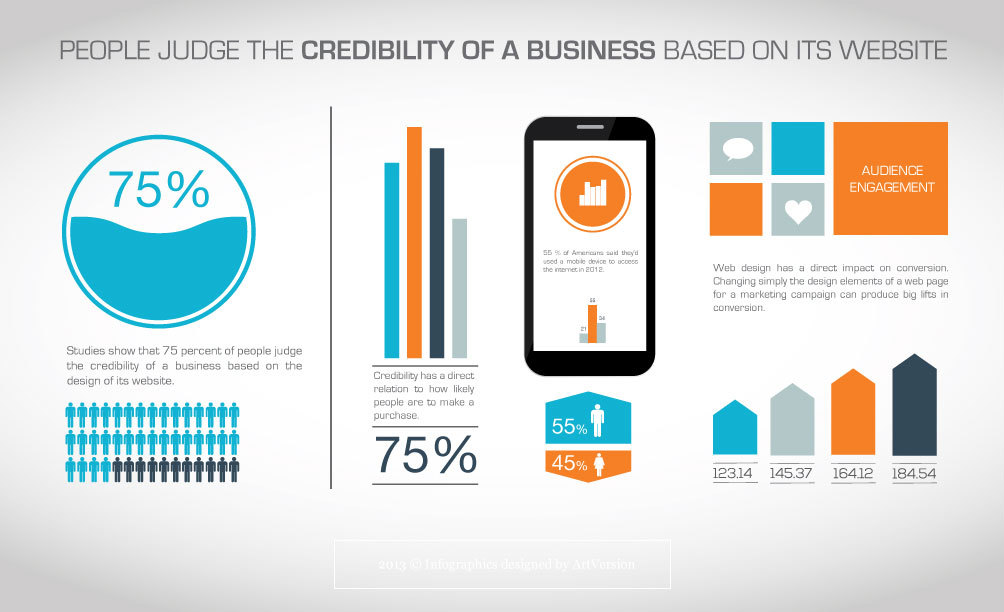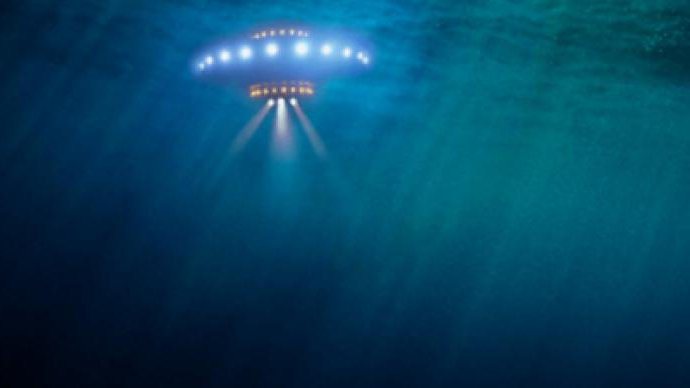The question of whether the United States government orchestrated the events of September 11, 2001, often referred to as 9/11, is a topic that has been widely discussed and debated.
This article aims to delve into the various aspects of this question, examining the available evidence, theories, and counter-arguments, to provide a comprehensive understanding of the topic.
Background of 9/11
On September 11, 2001, a series of four coordinated terrorist attacks were carried out by the extremist group al-Qaeda against the United States. Two planes, American Airlines Flight 11 and United Airlines Flight 175, crashed into the North and South Towers of the World Trade Center complex in New York City.
A third plane, American Airlines Flight 77, hit the Pentagon, the headquarters of the U.S. Department of Defense, in Arlington, Virginia. The fourth plane, United Airlines Flight 93, crashed in a field in Pennsylvania after passengers attempted to overcome the hijackers. Nearly 3,000 people were killed, making it the deadliest terrorist act in world history.
Official Account and Investigations
The official account, as concluded by the 9/11 Commission Report, states that the attacks were planned and executed by members of al-Qaeda, led by Osama bin Laden. This report was the result of an extensive investigation that involved the review of millions of pages of documents, interviews with more than 1,000 individuals, and the analysis of vast amounts of audio and video evidence.
Conspiracy Theories
However, in the years following the attacks, various conspiracy theories have emerged. Some of these theories suggest that the U.S. government, or elements within it, had foreknowledge of the attacks or were even directly involved in their planning and execution.
The proponents of these theories often cite perceived inconsistencies in the official accounts, unusual financial transactions prior to the attacks, the physics of the World Trade Center’s collapse, and other aspects they believe to be suspicious.
Analysis of Key Claims
Controlled Demolition Theory: One of the central claims is that the World Trade Center towers fell in a manner consistent with a controlled demolition. This theory is often supported by citing the speed and symmetry of the collapse.
However, extensive investigations and analyses by structural engineers and materials scientists conclude that the impact of the planes and the subsequent fires weakened the buildings’ support structures, leading to their collapse.
Foreknowledge and Intelligence Failures: Another claim is that the U.S. government had foreknowledge of the attacks but chose not to act. While it is documented that there were intelligence failures and missed warning signs, multiple investigations, including those by the 9/11 Commission, found no evidence that the government had specific and actionable intelligence that could have prevented the attacks.
Unusual Financial Transactions: Some theorists point to unusual financial transactions, including significant trading in put options on the stock of companies affected by the attacks, as evidence of foreknowledge. However, subsequent investigations by the Securities and Exchange Commission and the 9/11 Commission found that these trades were not linked to al-Qaeda and were consistent with standard market practices.
Counter-Arguments and Critiques
Critiques of these conspiracy theories highlight the lack of concrete evidence supporting the claims and the implausibility of such a large-scale conspiracy remaining secret. Additionally, experts in various fields have debunked many of the technical arguments presented by conspiracy theorists.
Impact and Implications
The persistence of 9/11 conspiracy theories has had significant social and political impacts. They have contributed to a general atmosphere of distrust in government and media institutions and have often been used for political ends. It is also important to consider the emotional and psychological effects on the victims’ families and the general public.
While it is critical to question and scrutinize official accounts, the overwhelming evidence supports the conclusion that the U.S. government did not orchestrate the 9/11 attacks. The conspiracy theories, though popular in some circles, lack substantive evidence and are often contradicted by extensive investigations and scientific analyses.
The discussion around this topic is a testament to the enduring complexity and emotional impact of the events of September 11, 2001.
The Role of Government Transparency and Accountability
The debate over 9/11 also touches on broader issues of government transparency and accountability. Critics argue that the U.S. government’s initial reluctance to establish an independent commission to investigate the attacks contributed to the proliferation of conspiracy theories.
The creation of the 9/11 Commission, while ultimately providing a comprehensive account, was initially resisted by the Bush administration. This resistance, for some, fueled suspicion and mistrust.
Psychological and Sociological Perspectives
From a psychological and sociological perspective, the appeal of conspiracy theories, including those about 9/11, can be partially explained by the human tendency to find patterns and assign meanings, especially in the face of large-scale tragedies.
Psychologists suggest that in times of crisis, people are more likely to entertain alternative explanations, particularly those that assign blame to powerful entities, as a way to make sense of otherwise incomprehensible events.
Impact on International Relations and Policy
The implications of 9/11 extended far beyond American shores, affecting international relations and global policies. The U.S. government’s response to the attacks, particularly the initiation of the War on Terror, including the invasions of Afghanistan and Iraq, reshaped global geopolitics. The narrative surrounding the attacks, the portrayal of the perpetrators, and the response of the U.S. government have all been subjects of intense international scrutiny and debate.
Media’s Role in Shaping Perceptions
The media played a crucial role in shaping public perceptions of the 9/11 attacks. In the immediate aftermath, there was an overwhelming focus on the events themselves and the human stories of tragedy and heroism.
However, as time passed, media coverage expanded to include critical analyses of the government’s response, the ensuing wars, and the conspiracy theories that emerged. The role of the media in either debunking or inadvertently spreading conspiracy theories has been a subject of study and ethical considerations in journalism.
The Legacy of 9/11
The legacy of 9/11 continues to influence American society and politics. The attacks led to significant changes in U.S. domestic and foreign policy, including increased security measures, the introduction of the USA PATRIOT Act, and ongoing military engagements in the Middle East.
The cultural and political divisions over interpretations of the event and its aftermath reflect broader divisions within American society and the challenges of grappling with complex, traumatic events.
Moving Forward
In addressing the question of the U.S. government’s role in 9/11, it is crucial to approach the topic with a critical but open mind. While acknowledging the legitimate questions and the failures that did occur, it is important to distinguish between justified skepticism and unfounded conspiracy theories.
The pursuit of truth, grounded in evidence and reason, is essential in honoring the memory of those who lost their lives and ensuring the integrity of historical understanding.
The events of September 11, 2001, remain a pivotal moment in American and world history. The question of whether the U.S. government orchestrated 9/11, despite being widely debunked, persists as a part of the complex narrative surrounding the attacks.
Understanding this narrative, and the myriad factors that contribute to it, is crucial in comprehending the ongoing impact of that day and ensuring that such tragedies are not repeated. The legacy of 9/11 is not just about the events of that day but also about how we interpret, remember, and learn from them.
Who are the 5 most famous conspiracy theorists on this topic? What are their theories?
The topic of 9/11 has attracted a wide range of conspiracy theorists who have proposed various alternative explanations for the events of that day. Among these, a few have gained notable prominence due to their extensive work or public exposure. Here are five of the most famous conspiracy theorists in this domain, along with a summary of their theories:
Alex Jones:
Theory: Alex Jones, a well-known figure in conspiracy theory circles and the host of the show “InfoWars,” has been a vocal proponent of 9/11 conspiracy theories. He has claimed that the attacks were an “inside job” orchestrated by elements within the U.S. government as a pretext for eroding civil liberties and justifying military actions in the Middle East. Jones has also suggested that the World Trade Center buildings were brought down by controlled demolition.
David Ray Griffin:
Theory: A retired theology professor, David Ray Griffin is one of the leading figures in the 9/11 Truth Movement. He has authored several books questioning the official account of 9/11. Griffin argues that the U.S. government had foreknowledge of the attacks and allowed them to happen. He also supports the controlled demolition theory regarding the collapse of the World Trade Center towers and Building 7.
Richard Gage:
Theory: Richard Gage, an architect, founded the organization Architects & Engineers for 9/11 Truth. Gage and his organization focus on the physical aspects of the World Trade Center’s collapse, arguing that the buildings’ falls were consistent with controlled demolition rather than the impact of the airplanes and subsequent fires. Gage’s group has gathered signatures from architects and engineers who support a new investigation into the building collapses.
Thierry Meyssan:
Theory: A French journalist and political activist, Thierry Meyssan gained attention with his book “9/11: The Big Lie.” Meyssan proposed that the attack on the Pentagon was not the result of a plane crash but rather a missile strike as part of a U.S. government conspiracy. His claims have been widely debunked but gained significant attention, especially in France.
Dylan Avery:
Theory: Dylan Avery is the director of the film “Loose Change,” which became a seminal work in the 9/11 conspiracy theory movement. The film popularized many of the conspiracy theories surrounding the events of 9/11, including claims of controlled demolition of the World Trade Center and allegations that the Pentagon was hit by something other than Flight 77. “Loose Change” has been critiqued for presenting misleading and out-of-context information.
These individuals and their theories have played a significant role in shaping the landscape of 9/11 conspiracy theories. However, it is important to note that their claims have been extensively challenged and debunked by experts in various fields, including engineering, aviation, and intelligence.
The persistence of these theories, despite the lack of supporting evidence, underscores the complex interplay of skepticism, mistrust, and the search for understanding in the wake of tragic events.
